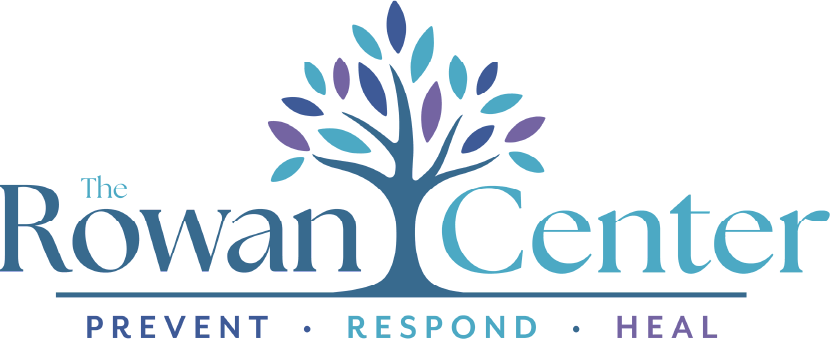When a survivor first discloses information about the violence they experienced, the listener’s reaction matters—and can impact the survivor’s next steps. If the survivor has an affirming experience, they are much more likely to tell others or seek additional resources, leading to a more positive healing journey.
LGBTQ+ survivors face stigma and marginalization that can make opening up about an experience of sexual violence even more difficult. These steps will help you respond supportively and address the unique challenges LGBTQ+ survivors face if someone you love opens up to you about sexual violence.
1. Create a Safe and Affirming Space
- Be Present: Show that you are there to listen without judgment. Maintain eye contact, nod, and use affirming body language.
- Use Inclusive Language: Use the person’s chosen name and pronouns. If you make a mistake, apologize, correct yourself, and move on.
- Affirm Their Identity: Respect their sexual orientation and gender identity. This helps build trust and shows that you are supportive of who they are.
2. Listen Without Judgement
- Believe Them: Start by believing what they are sharing with you. It takes a lot of courage to disclose an experience of sexual violence.
- Avoid Blame: Never question the actions or decisions that preceded the assault, and avoid any victim-blaming language. Sexual violence is NEVER the victim’s fault.
- Be Patient: Give them the time they need to share their story. Don’t rush them or interrupt.
3. Offer Supportive Responses
- Express Empathy: Simple statements like “I’m so sorry this happened to you” and “Thank you for sharing this with me” can be powerful.
- Validate Their Feelings: Let them know that whatever they are feeling is normal and okay.
- Ask How You Can Help: Sometimes, just asking, “What do you need right now?” or “How can I support you?” can be very helpful.
4. Provide Resources
- Know Your Local Resources: Be aware of local organizations like The Rowan Center that provide support to survivors of sexual violence.
- Share Information: Offer to research counseling services, LGBTQ+ support groups, or legal resources. You can always call our hotline (English: 203-329-2929, Spanish: 888-568-8332) for help finding resources.
- Offer Accompaniment: If they need to go to a hospital, police station, or court, offer to go with them for support.
5. Respect Their Privacy
- Keep it Confidential: Don’t tell anyone about their disclosure unless they give you explicit permission to share it.
- Empower Their Choices: Support their decisions about what to do next, whether that’s seeking medical help, reporting the assault, or just taking time to process.
- Don’t Interrogate: Allow them to share at their own pace, and don’t push or pry for more details.
6. Continue Educating Yourself
- Understand LGBTQ+ Issues: Take the time to learn about the unique challenges LGBTQ+ individuals face, particularly in the context of sexual violence.
- Stay Informed: Follow updates and educational materials from LGBTQ+ organizations and sexual violence advocacy groups.
7. Be an Ally Beyond the Disclosure
- Advocate for Inclusivity: Promote inclusive policies and practices within your community and workplace.
- Challenge Discrimination: Stand up against homophobic and transphobic comments or behaviors when you encounter them.
Supporting LGBTQ+ individuals in the aftermath of sexual violence involves creating a safe, affirming, and supportive environment. Your response can significantly impact their healing journey. At The Rowan Center, we are committed to providing compassionate and inclusive support for all survivors. If you or someone you know needs help, please reach out to us.
You can always reach us on our 24/7, confidential hotline at 203-329-2929 (línea 24/7 en español: 888-568-8332). If you or someone you know has experienced sexual violence, we are here for you.
Together, we can respond to the specific needs of victims and survivors and create a community where every individual is empowered, educated, and free from sexual violence.
